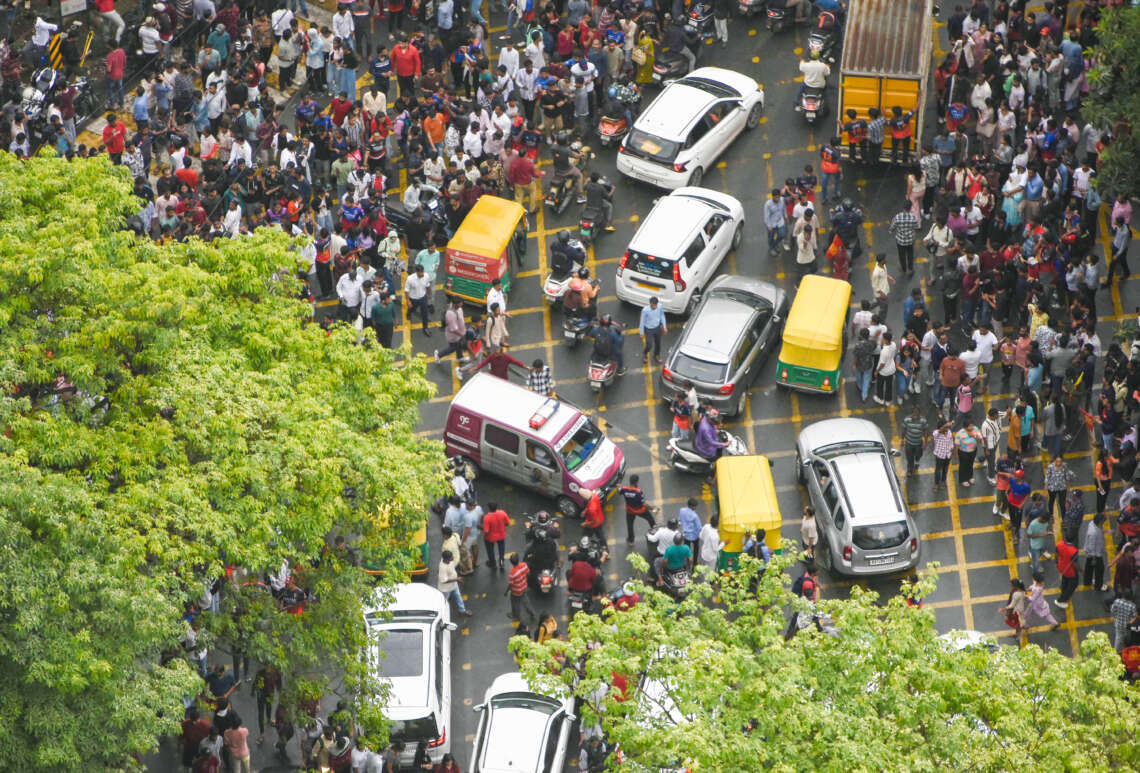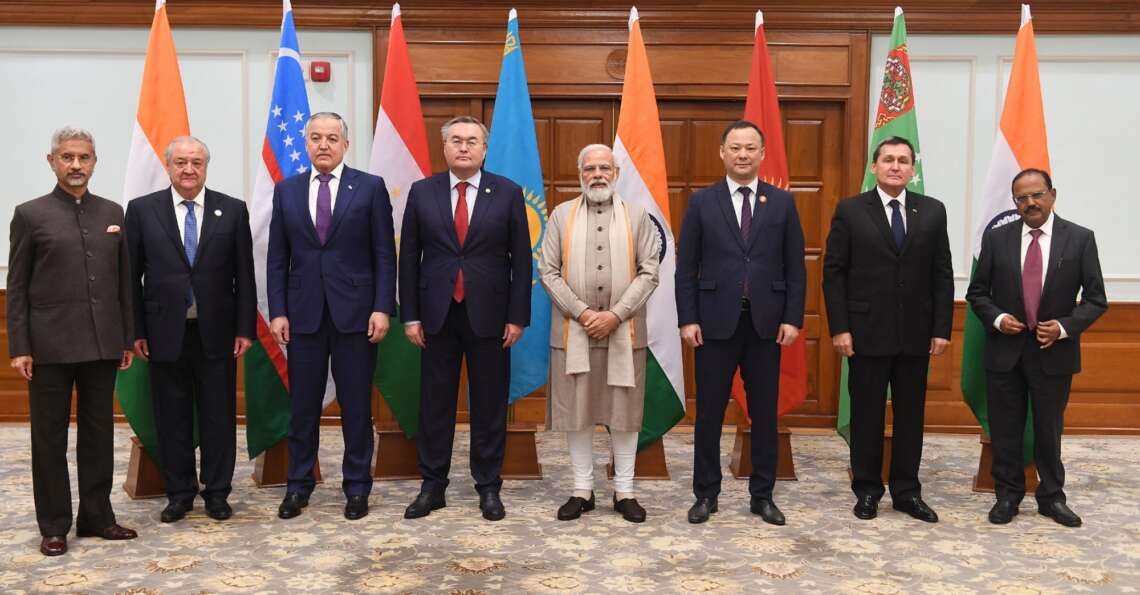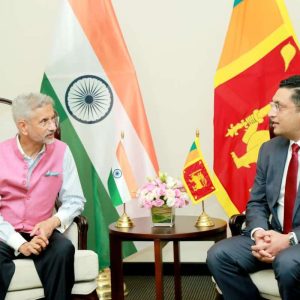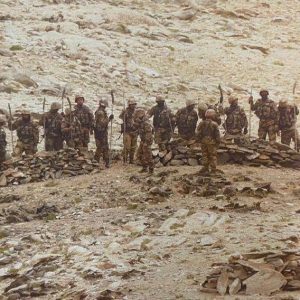Bipartisan support in Washington for India’s right to act, as cross-party Indian delegation highlights Pakistan’s terror links in global outreach
In a significant show of solidarity, several US Congressmen have condemned the deadly Pahalgam terror attack and expressed unequivocal support for India’s right to respond to terrorism. The remarks came during a high-level meeting with an Indian parliamentary delegation currently visiting Washington DC, the final leg of a diplomatic tour aimed at mobilising international support against cross-border terrorism emanating from Pakistan.
The bipartisan gathering, which included prominent members of the influential India Caucus in the US House of Representatives, marked a deepening of strategic cooperation between New Delhi and Washington, particularly in counterterrorism efforts.
The Indian delegation, led by Congress MP and senior diplomat Shashi Tharoor, briefed American lawmakers on the nature and extent of Pakistan-sponsored terrorism, especially in the wake of the April 22 terror attack in Jammu and Kashmir’s Pahalgam. The incident, which killed 26 civilians, prompted India to launch precision strikes on terror infrastructure in Pakistan and Pakistan-occupied Kashmir.
“Bipartisan co-chairs Ro Khanna and Rich McCormick, and vice co-chairs Andy Barr and Marc Veasey of the India Caucus met the Indian delegation led by Shashi Tharoor,” the Indian Embassy in Washington posted on X. “The lawmakers expressed bipartisan condemnation for the terror attack in Pahalgam and supported India’s right to respond in the spirit of zero tolerance against terrorism.”

Cross-Party Support for India
The Indian delegation also engaged with key members of the House Foreign Affairs Committee (HFAC), including Chair Brian Mast, Ranking Member Gregory Meeks, and other subcommittee leaders such as Representatives Bill Huizenga, Sydney Kamlager-Dove, Ami Bera and Young Kim. Discussions centred on Operation Sindoor—India’s retaliatory military campaign—described by the delegation as defining a “new normal” in India’s posture against cross-border terrorism.
The HFAC members, according to the Indian mission, were unequivocal in condemning the Pahalgam attack and reiterated that India and the United States stood united in the fight against terrorism.
The delegation, comprising leaders from across India’s political spectrum—including Milind Deora (Shiv Sena), Tejasvi Surya (BJP), Sarfaraz Ahmad (JMM), G Harish Madhur Balayogi (TDP), Shashank Mani Tripathi (BJP), Bhubaneswar Kalita (BJP), and India’s former US ambassador Taranjit Sandhu—has travelled through Latin America before arriving in Washington. Their mandate: to emphasise the global consequences of Pakistan’s continued sheltering of terror groups.

India’s Message: “We’ve Had Enough”
Speaking to PTI in Washington, Milind Deora said the delegation was carrying a unified message to the world: “India has had enough.” He said all nations visited thus far had offered “unequivocal, almost unconditional” support for India’s counterterrorism stance.
“We want to live in peace. But nobody wants an unstable lunatic living next to them,” Deora remarked, in a pointed reference to Pakistan’s ongoing internal instability and its military’s dominant role in foreign and security policy.
Tejasvi Surya added that the countries visited had fully understood the rationale behind India’s calibrated military response and expressed strong support for the country’s sovereign right to defend itself. “There is no sympathy left in the international community for Pakistani-originated terrorism,” he said.

A Failed Attempt at Counter-Narrative
Interestingly, a Pakistani delegation reportedly arrived in Washington the same day. But Indian officials dismissed it as a desperate attempt at narrative management.
“There’s no doubt in anyone’s mind in the United States that Pakistan is a banana republic, a failed state, and a terror exporter,” said Deora. “It doesn’t matter what kind of ex-foreign minister they send in a suit with a foreign accent. Pakistan’s hands are too stained with blood to be washed clean by overnight drama.”
Surya echoed this sentiment, calling Pakistan’s efforts “a cheap copy” of India’s strategic outreach. He added that while India is seen globally as a responsible democracy committed to peace and progress, every major terrorist attack in recent decades has had links to Pakistan.
He cited the presence of over 50 UN-designated terrorists in Pakistan, calling the country a “safe haven” for global terror networks. “This is not just about India. It is a global concern,” he said.













